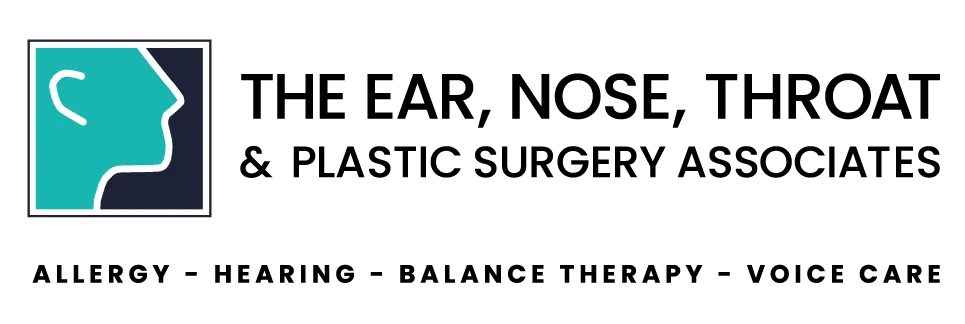What is the Thyroid?
The thyroid is a relatively small gland found in the base of the neck, located just below the “Adam’s apple.” The thyroid produces hormones that travel through the blood and control the rate of many activities in your body, including how fast your heart beats and how quickly you burn calories. In other words, the thyroid plays a large role in controlling your metabolism.
There are two main categories of thyroid disease: disorders of thyroid hormone production (too much or too little) and disorders of gland growth/nodule development. Thyroid issues are more common in women than men.
Thyroid nodules are very, very common. In fact, almost 50% of people over the age of 50 have at least one. The good news is that most of these nodules are not cancerous.
Some people have goiters, or enlarged thyroid glands. Sometimes the goiter doesn’t cause any symptoms at all. Other times, however, the goiter can cause cosmetic concern, difficulty breathing or difficulty swallowing.
What many people don’t realize is that you can have nodules or goiters and still produce a normal amount of thyroid hormones. In other words, these disorders won’t show up in blood work.
How are Thyroid Diseases Diagnosed?
Dependent on what they find and your symptoms, your physician may also perform a variety of other tests to properly diagnose your thyroid disorder. Options include blood tests, a radioactive iodine uptake test, thyroid fine needle biopsy, thyroid ultrasound and thyroid scans.
Hyperthyroidism
When the thyroid produces more thyroid hormones than the body needs, that is the definition of hyperthyroidism, or overactive thyroid. The most common cause of hyperthyroidism Is Graves’ disease, a disorder where the body’s immune system stimulates the thyroid too much.
Symptoms of hyperthyroidism usually begin slow, making them hard to notice. Over time an excessive metabolism may result in unwanted/unhealthy weight loss, rapid or irregular heartbeat, irritability, anxiety, trouble sleeping, increased sweating, muscle weakness and less frequent menstrual periods for females.
Hyperthyroidism treatment options include both medical and surgical options, depending on your specific situation. When thyroid removal surgery is performed, most of the thyroid is removed through an incision under the collarbone.
Hypothyroidism
When the thyroid does not produce enough thyroid hormones for the body, that is the definition of hypothyroidism, or underactive thyroid. The most common cause of hypothyroidism is Hasimoto’s disease, a disorder where the immune system actually attacks the thyroid. Other causes of hypothyroidism can include thyroid removal, some radiation treatment of certain cancers and even treatment for hyperthyroidism.
Symptoms of hypothyroidism usually begin slow, making them hard to notice. At first you may just feel a little tired or sluggish. Other symptoms that may develop later include uncontrolled weight gain, joint or muscle pain, increased sensitivity to cold, depression, pale skin, a puffy face, a hoarse voice and excessive menstrual bleeding for females.
Hypothyroidism treatment options are mainly medical in nature. In many patients hypothyroidism is treated with medicine designed to supply the body with the thyroid hormones it is no longer producing itself. Unfortunately, most people with hypothyroidism need to be on thyroid medication for the rest of their lives.
If you suspect you may have any issues with your thyroid gland, it’s important that you see a thyroid specialist as soon as possible to avoid complications with hyperthyroidism or hypothyroidism.

